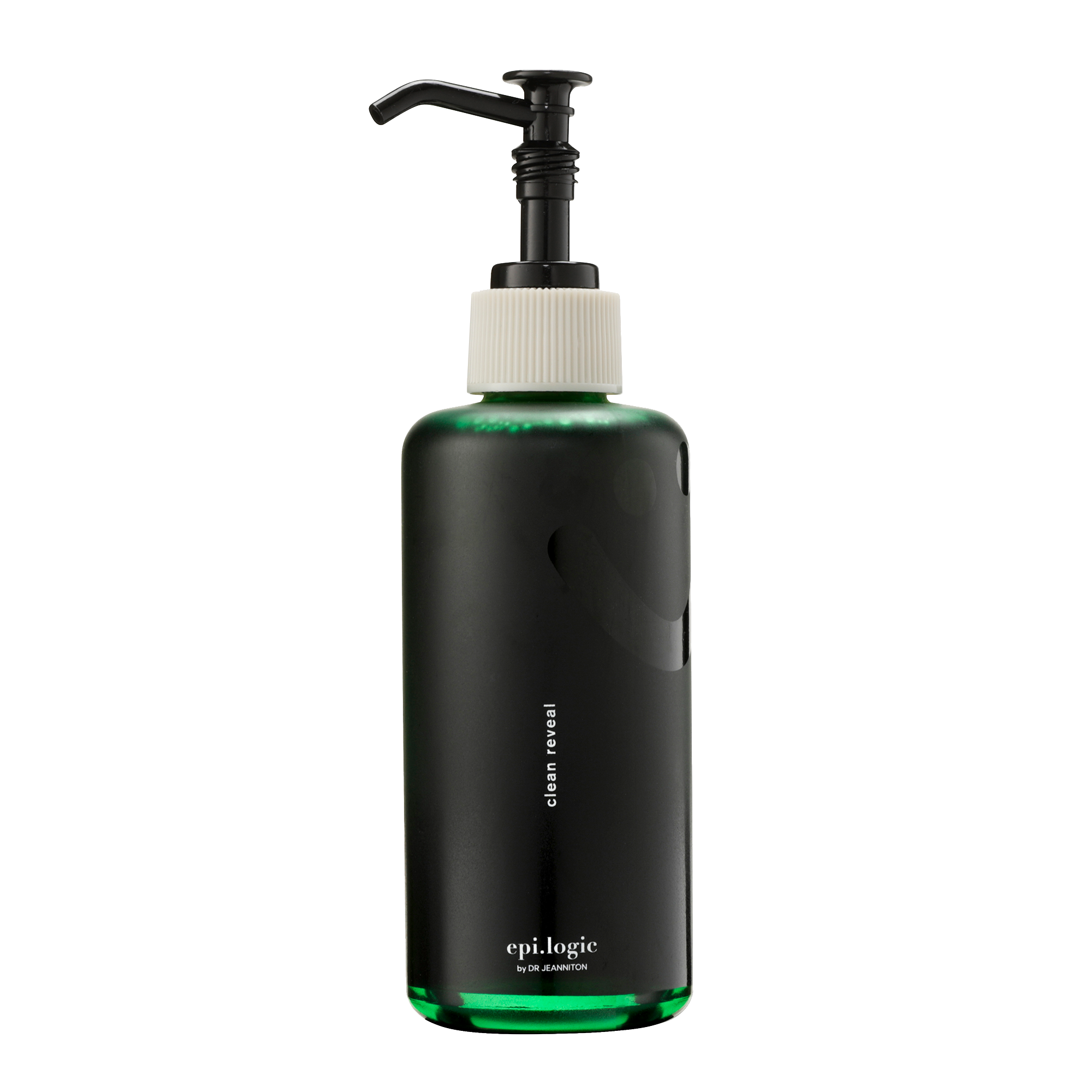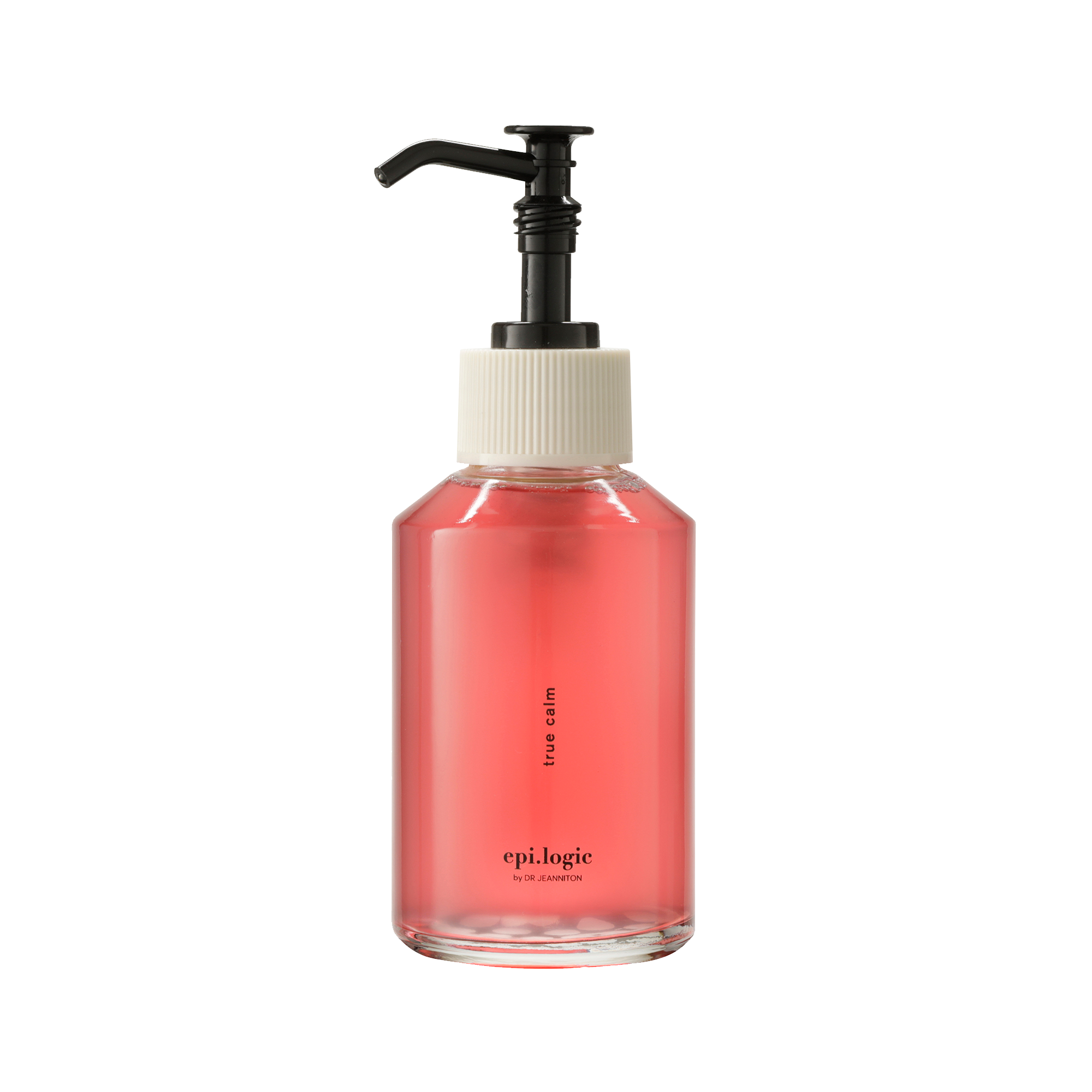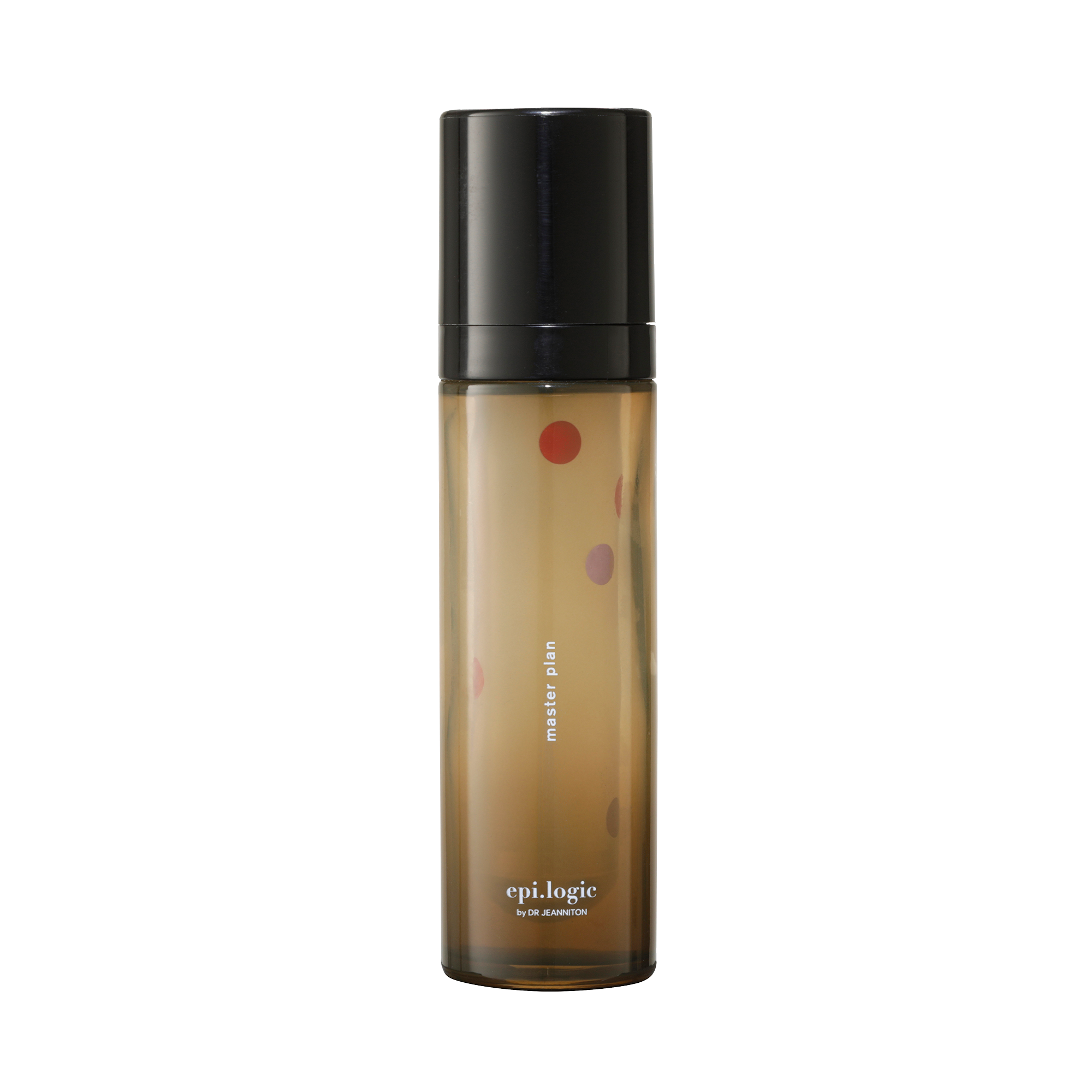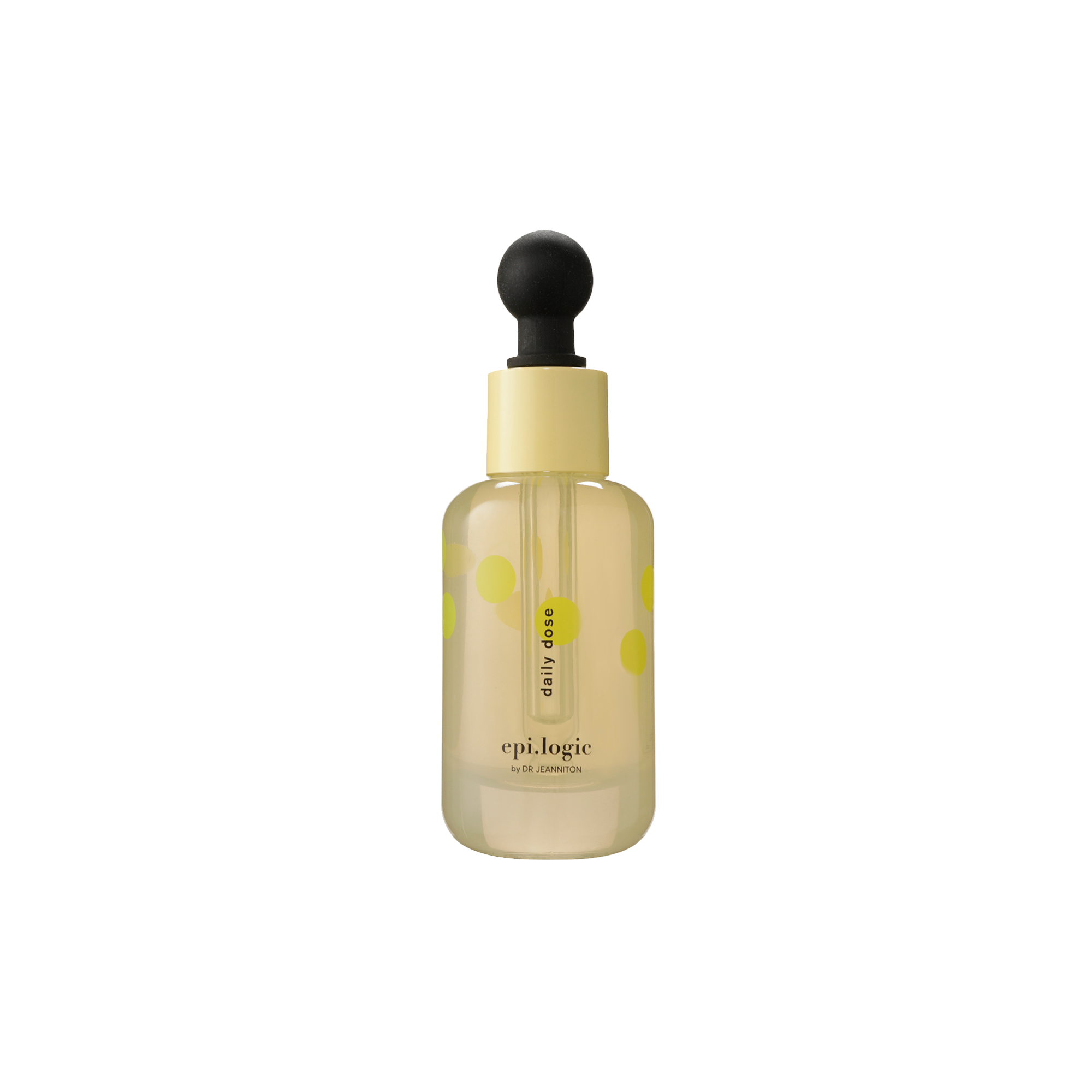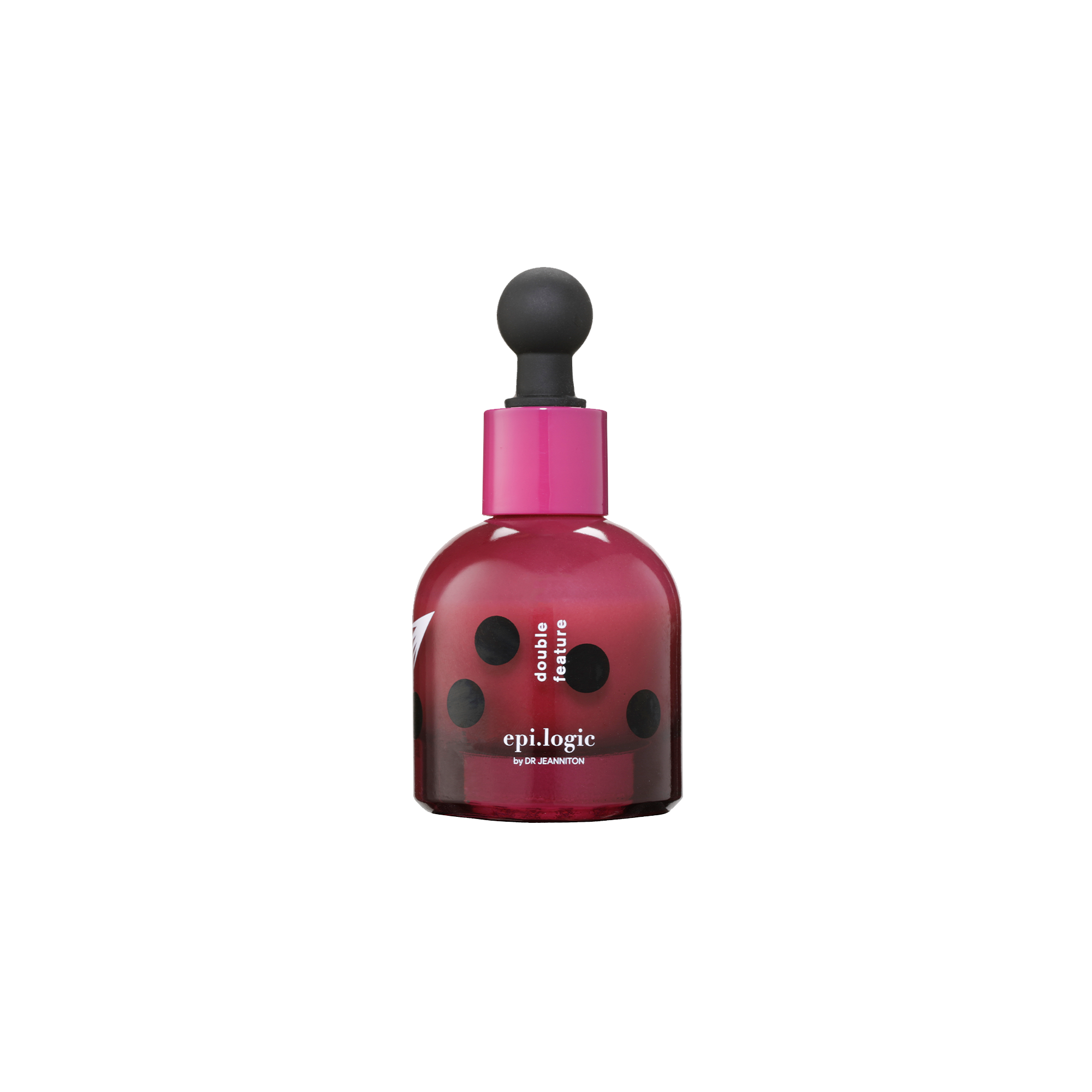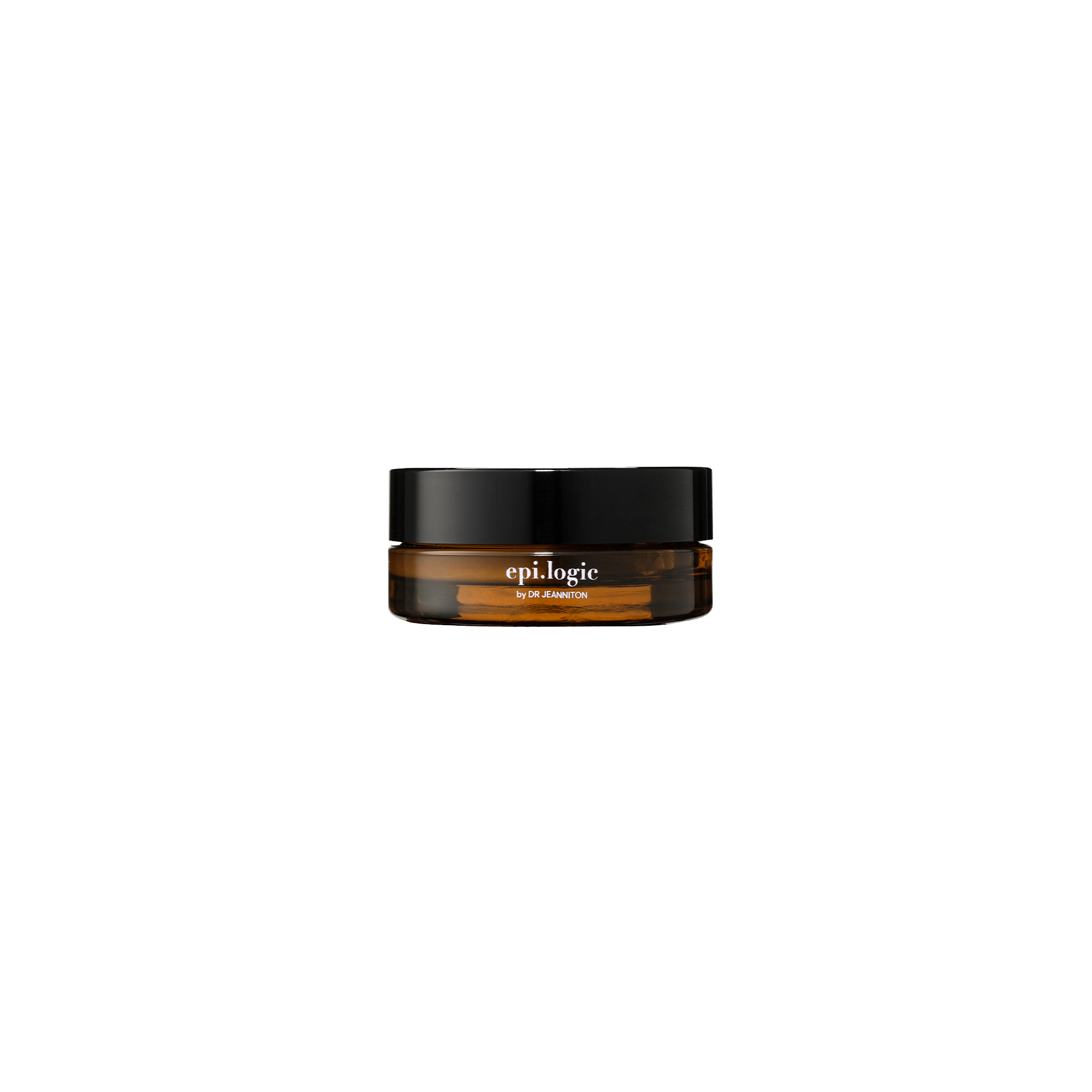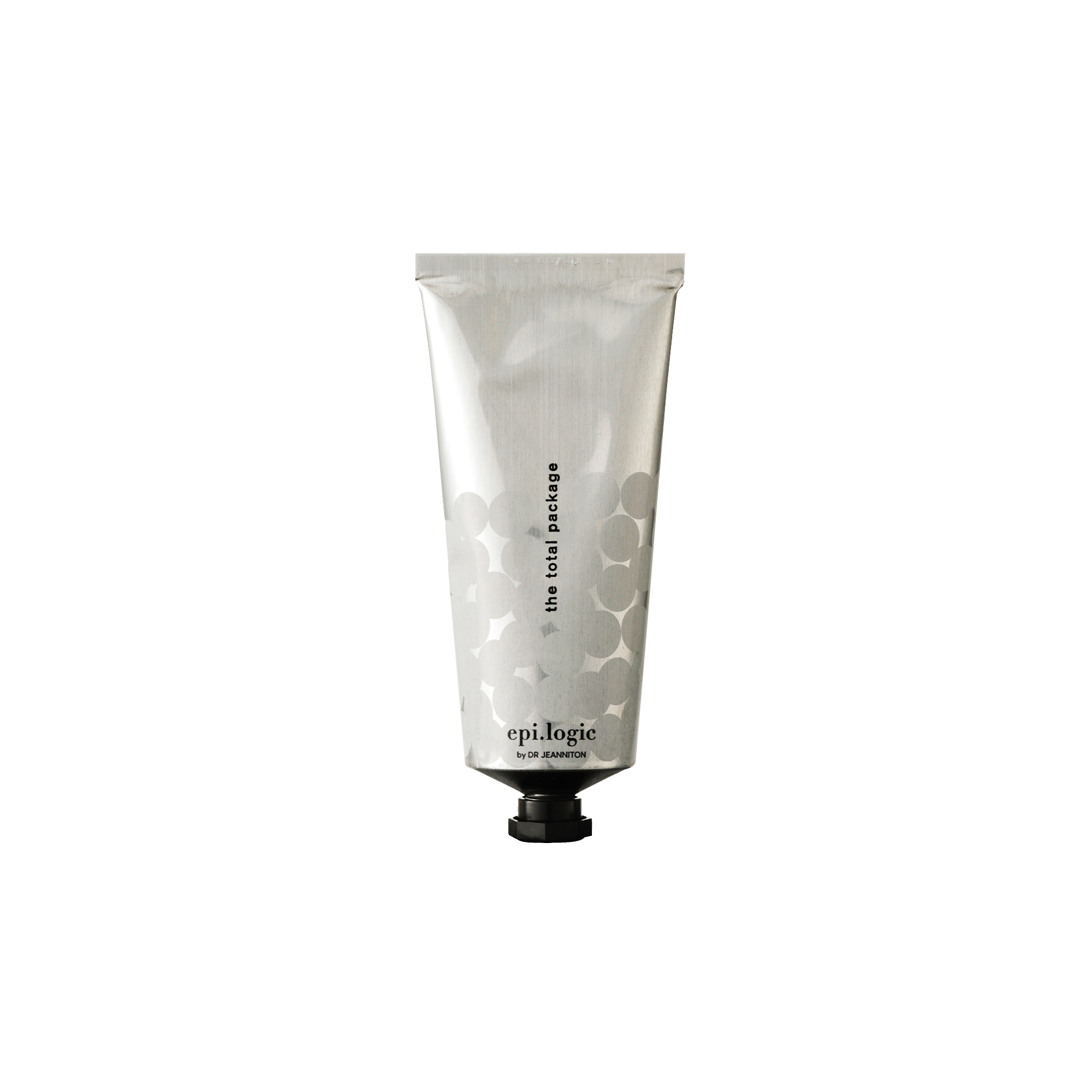These days, it feels like there is a new, trendy skincare ingredient emerging out of nowhere every other week. The latest hype is all about peptides. But don’t be fooled – peptides are not as new as you may think. In fact, peptides have been used in topical skincare since the ‘90s. What has however made them a game changer in more recent years are advancements in technology, enabling peptides to penetrate the skin much more effectively with a number of benefits for your complexion.
Still, what exactly are peptides, what do they do for your skin and are their benefits really worth the buzz? Epi.Logic’s founder and board-certified oculofacial plastic surgeon Dr. Chaneve Jeanniton sheds some light on the topic.
What are peptides?
Peptides are strings of amino acids – essentially the foundations of proteins. Proteins impact a lot of processes in your body, particularly your skin, which is made up of about 75% with collagen. Collagen is arguably the most prominent protein in your body; it consists of different peptide chains and significantly contributes to skin function and health – including firmness, texture, and overall appearance.
What makes peptides more effective than actual proteins when it comes to topical skincare is their relative size; peptides are easier for the body to absorb and they can more easily penetrate the skin, going beyond the outer layer.
What do peptides do?
Peptides play a key role in epi.logic’s CellService™️ ingredient technology – you can think of them as messengers between skin cells. We distinguish four different types of peptides:
- Signal peptides that ask your body to action something, such as producing more collagen or elastin (another key protein for healthy skin).
- Carrier peptides that transport molecules around the body where they are most needed (such as in the case of wound healing).
- Neurotransmitter-inhibiting peptides which can help to block the messages between your nerves and muscles (this could help to reduce wrinkles and fine lines for example).
- Enzyme-inhibiting peptides which help to prevent the breakdown of collagen.
What are the benefits of peptides in skincare?
Peptides can have a variety of benefits, including:
- Supporting a healthy barrier function, which will help protect your skin from bacteria, pollution or photo damage for example.
- Promoting skin firmness, elasticity, and a plumping effect.
- Evening out skin tone.
- Reducing inflammation and encouraging wound healing, helping your skin to activate its innate repair mechanisms.
- Clearing spots due to their antimicrobial properties.
- Providing an antioxidant function.
How does epi.logic use peptides?
Peptides feature prominently in Master Plan, leveraging our CellService™️ growth factor and peptide complex that taps into skin’s ability to heal itself, lessening the appearance of inflammation, providing antioxidant protection, and boosting elasticity and firmness. Growth factors, amino acids, and peptide cell messengers work holistically to nurture the natural processes of cell turnover and repair to deliver firm, even-toned, luminous-looking skin.
We also leverage the powers of peptides in The Total Package. Designed with a biocompatible combination of skin-strengthening peptides and bioidentical collagen, it boosts elasticity to support supple, youthful skin. This lightweight moisturizer works on multiple levels to deliver deep hydration, skin resilience and restorative repair while brightening hyperpigmentation and evening skin tone.
Peptides are also a hard-working ingredient in Eye Contact, addressing the signs of tired eyes, dark circles and protecting against future wear and tear. Alongside time-release retinol + retinal, brightening antioxidants, and supple hydrators, peptides get to work to provide moisture, firmness, and visibly brighter skin.
We’ve conveniently bundled up these up in a Peptide Performance Pack, which you can shop at an exclusive value saving only on our site!
Are peptides safe to use?
Given their benefits, peptides have found wide application in skincare. Because peptides have a very low risk of irritation, they are a modern, inclusive approach to caring for hyperpigmentation-prone and melanin-rich skin. Additionally, peptides pair well with many ingredients, such as hyaluronic acid, retinol and niacinamide for enhanced hydration and complexion-correcting potential.
We suggest you choose a product with longer contact time with your skin – such as a serum or moisturizer – allowing the peptides to get to work most effectively. As with all skincare, patch test your products and stop application if you notice skin irritation.

